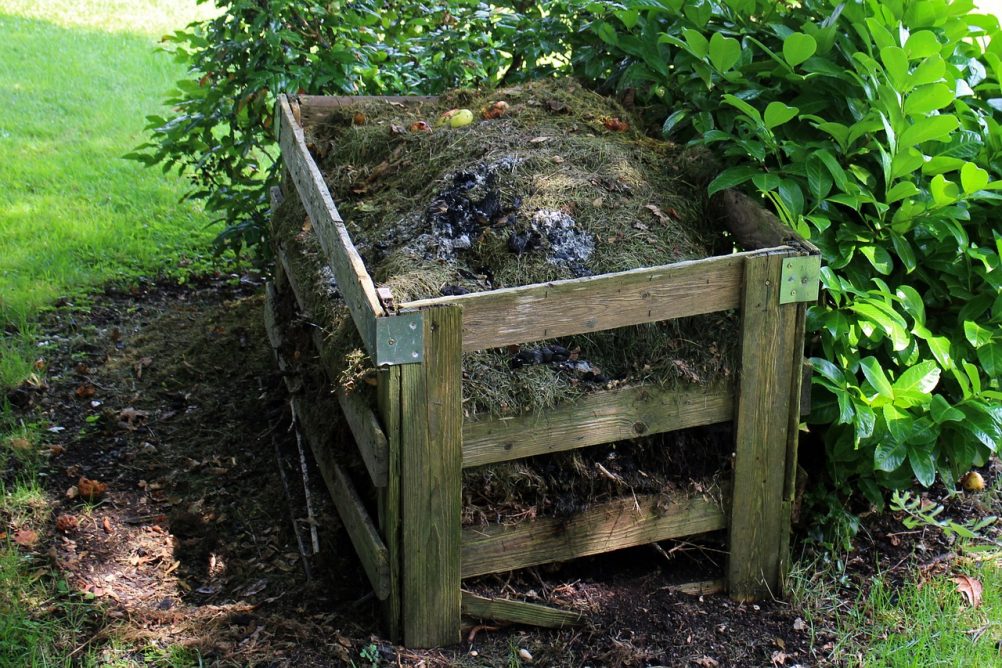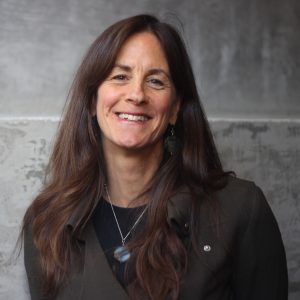For many working in the field of sustainability, it’s easy to point the finger at consumption. The more you consume, the bigger negative impact you have. Oxfam recently reported that Carbon emissions of richest 1 percent more than double the emissions of the poorest half of humanity.
If we all consumed less, far less, we could turn things around – right? Though that may be true, it’s not that simple, and it’s certainly not inspiring.
It’s not that simple because consumption in and of itself is not the core problem. The problem is the exploitation involved in how we make, distribute, use, and dispose of what we consume. It’s not inspiring because humans are far more motivated by doing something positive rather than avoiding doing something negative. And we can never achieve sustainability by doing less bad.
What if instead of focusing on consuming less, we could focus on consuming more?
What if we could make the world a better place by increasing our consumption?
That’s not such an odd idea. Consumption in Nature is generally a good thing — it’s how life is created and how waste becomes food in endless cycles. We think it’s wonderful when our plants consume sunshine and water, and when there are lots of worms and microbes consuming in our compost piles. We also know that it’s healthy for us to go outside for a walk or a run and consume lots of fresh air.
Looking beyond consumption outside in Nature, we can look inside, to our own human nature. Think for a moment about what makes you happy. What makes you feel alive? What gives you a sense of purpose? What about inspiration, imagination, creativity, connection, knowledge, wisdom, joy, love, fun?
For most of us, the best things in life are not only free, they are abundant. The more we consume, the more we generate. The more we generate, the more we want to share. And the more we share, the more we have, and the more there is to go around. It’s a positive feedback loop.
In addition, the more we consume those things that are wonderful and abundant, the less we’ll feel compelled to consume things that are exploitative and unsustainable.
One key idea here is that if we want to achieve a sustainable — and wonderfully abundant — world, we need to look at things differently. We need to change our perspectives, change our designs, and then change our world.

